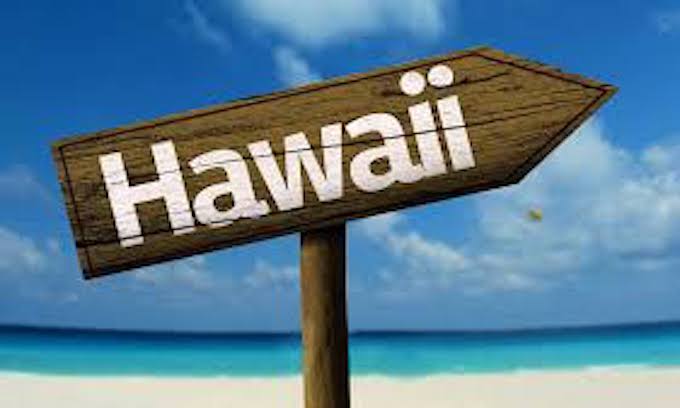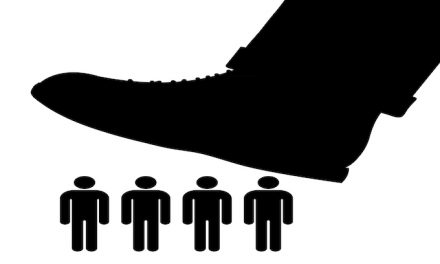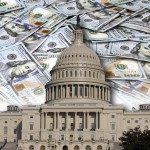HONOLULU | It is often said that Hawaii is paradise, and it certainly appears that way on the surface. As I traveled here for a brief summer vacation, I was ready to unplug and enjoy myself. However, under the surface, I discovered some harsh realities.
Hawaii has the highest cost of living in the nation, even ahead of New York, according to a recent U.S. Commerce Department Bureau of Economic Analysis report scoring it as 16 percent more expensive than the national average.
Just how expensive is Hawaii?
According to the Hawaii Public Housing Authority, a single person can qualify for housing assistance on Oahu while earning as much as $54,850 annually. A family of four only becomes too rich for housing assistance at $78,300. What would classify as middle-class America as a whole (median income around $56,000), is poor in Hawaii. Learn all about Hawaii here
Housing costs are higher, too. As of 2016, the average home price in Hawaii was $905,000, far “ahead” of second-placed Massachusetts, at $580,000. In Honolulu, the average home price is $1.2 million.
According to CNBC, Hawaii has the second-highest tax burden in the country, just behind New York. The total burden is 11.57 percent, including a 2.2 percent property tax, a 2.85 percent individual tax and a 6.52 total sales and excise tax.
Daily expenses are higher, too. Hawaii has the most expensive gasoline at $4.17 per gallon, which includes the fourth highest gas tax in the country (49.1 cents.) Electricity rates are more than double any other state (37.2 cents per kilowatt-hour) and a gallon of milk is between $7 and $8 at most stores.
This may not surprise you, but just like many of our most expensive states and cities, Hawaii is entirely controlled by Democrats and has been for year. All statewide elected officials and all of the state’s federal lawmakers are Democrats. The 51-member state House has five Republicans and the 25-member state Senate is the only one in the country with no Republicans.
According to CNBC’s latest “best states to do business,” Hawaii was 47th and the state consistently ranks near the bottom in new business startups.
Homelessness is an urgent statewide problem. Other states pay to send their homeless populations to Hawaii. Honolulu repealed anti-vagrancy laws and the homeless population is everywhere, threatening tourism, which is the state’s top industry.
From a fiscal perspective, Hawaii is a ticking time bomb and a federal bailout request (like Puerto Rico) is easy to imagine. As of June 2016, the state’s unfunded liabilities totaled $24.6 billion, a figure that will rise a further $1.43 billion in 2019 alone. For context, the state’s budget for fiscal year 2016 was $13.8 billion.
Apparently unsatisfied with the state’s grim fiscal outlook and crushing tax burden, the state passed a rail boondoggle that would make California blush. The 20-mile Honolulu Rail Transit project, officially budgeted at $8.165 billion, has ballooned in cost. Panos Prevedouros of the University of Hawaii estimates that the mostly elevated rail project will cost at least $13 billion. Some private estimates put the cost at over $20 billion. Cities are required to contribute $44 million next year alone for the rail project and they are uncertain how they will do so.
These challenges are presenting an opportunity for Hawaii Republicans. Since statehood in 1959, Hawaii has only had one Republican governor, with Linda Lingle serving two terms from 2002 to 2010. After a decade where Republican seats in the state legislature dwindled, the Hawaii Republican Party has turned the page.
After a contested race for state chair, Shirlene Delacruz Santiago Ostrov, a retired U.S. Air Force colonel, took over the party and she is turning things around. She raised money to pay off the state’s headquarters building, recruited a stellar leadership team and has refocused the party on candidate recruitment and training. The party hopes to double its membership in the Hawaii House, and its recruiting has been impressive, with several first class legislative candidates who reflect the state. Additionally, the party has three active Republicans running for governor, any one of whom could make the race interesting.
At a local grass-roots event I discovered on the Big Island, local Republican volunteers and candidates attended, many of whom have been motivated by the Trump presidency. Everyone I spoke to was deeply concerned about the state’s direction.
Incumbent Gov. David Ige is being challenged in the Aug. 11 primary by Rep. Colleen Hanabusa. Mr. Ige is best known for presiding over one of the most embarrassing chapters in the state’s history when an employee at the Hawaii Emergency Management Agency sent out a false “incoming missile” alert in January, at the height of fears over North Korea. Mr. Ige waited 17 minutes to correct the false message as residents panicked.
As socialism gains steam inside the Democratic Party nationally, it seems to me that Hawaii provides a cautionary tale. Republicans here hope to change the state’s direction.
• Matt Mackowiak is president of Austin, Texas, and Washington, D.C.-based Potomac Strategy Group. He’s a Republican consultant, a Bush administration and Bush-Cheney re-election campaign veteran and former press secretary to two U.S. senators. His “Mack on Politics” podcast is available on iTunes, Google Play, Stitcher and on WashingtonTimes.com.
© Copyright (c) 2018 News World Communications, Inc.




















Recent Comments